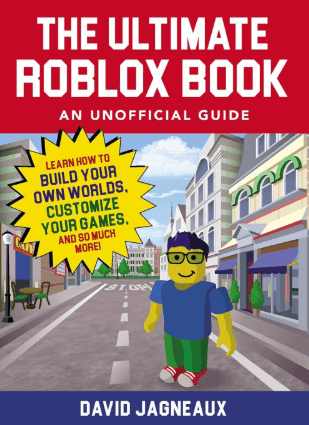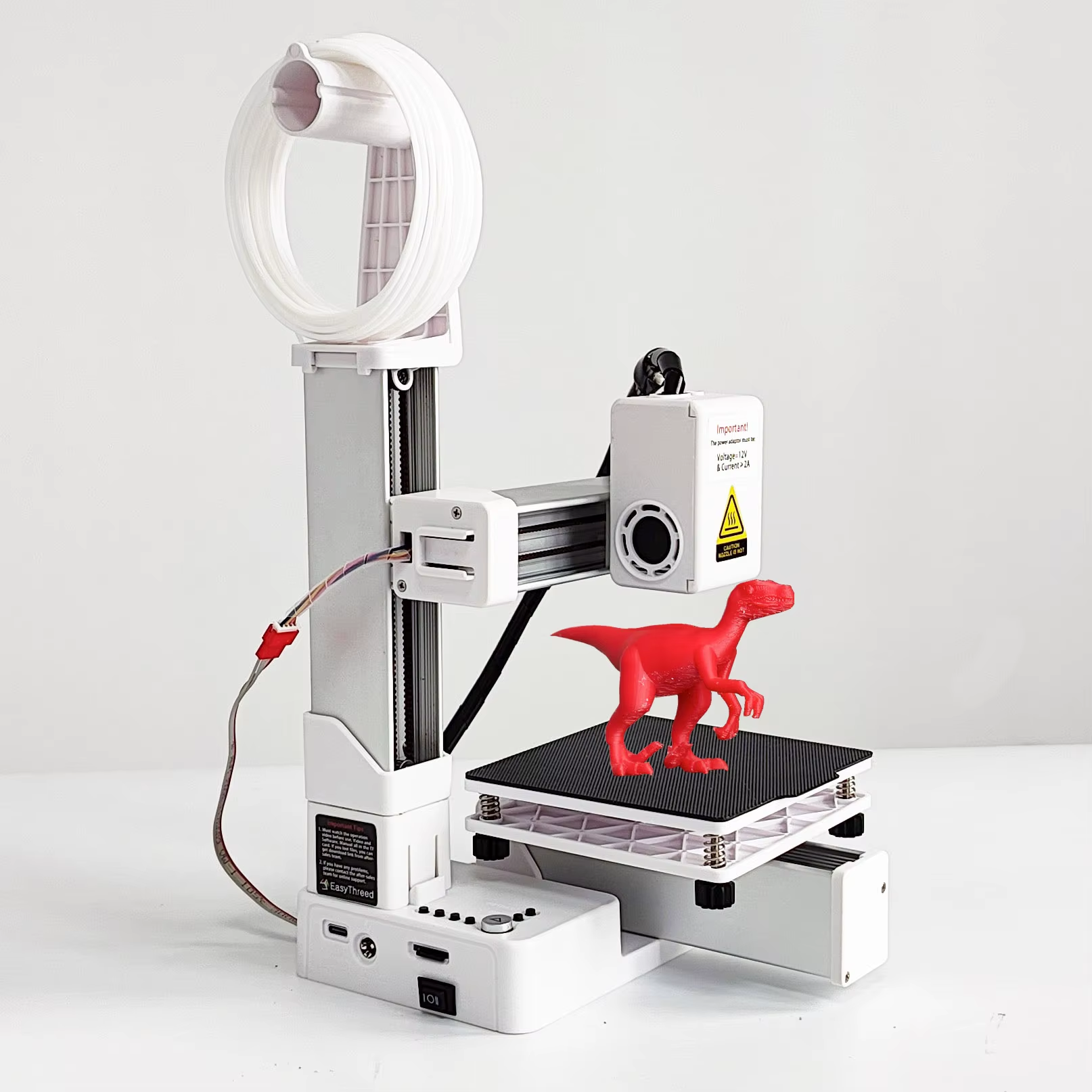Artificial Intelligence (AI) has rapidly transformed many industries, and PC gaming is no exception. From smarter enemies to procedural world generation and dynamic storytelling, AI technologies are redefining what games can do—making experiences more immersive, responsive, and personalized than ever before.
In 2025, AI is a key pillar in game design, not just a background tool. Here’s an in-depth look at how AI shapes modern PC games and what we can expect in the near future.
1. Smarter NPCs and Enemy AI
Gone are the days when non-player characters (NPCs) behaved predictably. Today’s AI systems can:
- Adapt to player strategies: AI enemies learn from your tactics and change behavior to challenge you differently.
- Collaborate and coordinate: In squad-based shooters or RPGs, AI teammates and foes communicate and plan together.
- Exhibit emotions and personalities: NPCs react dynamically to player choices, mood, and game world events, making interactions more believable.
Games like Alien: Isolation (2014) and The Last of Us Part II (2020) showcased advanced enemy AI that hunts, hides, and ambushes players with terrifying realism. In 2025, these capabilities are even more refined with deep learning models.
2. Procedural Content Generation
AI helps create vast, varied worlds without manually designing every element. Procedural generation uses algorithms to produce:
- Landscapes, cities, dungeons, and ecosystems dynamically.
- Randomized quests, loot, and storylines that ensure no two playthroughs are the same.
- Realistic weather, day-night cycles, and evolving game environments.
Titles like No Man’s Sky popularized procedural worlds, and newer games like Minecraft and Dwarf Fortress continue to leverage AI-driven generation to keep content fresh and surprising.
3. Personalized Gameplay Experiences
AI allows games to tailor difficulty, story, and gameplay to individual players:
- Dynamic difficulty adjustment responds to how well or poorly you perform.
- AI-driven dialogue systems can change NPC interactions based on your history and choices.
- Behavior prediction lets the game anticipate player moves and provide customized challenges.
This results in highly replayable games that “learn” your preferences and deliver unique journeys.
4. Natural Language Processing and Voice Interaction
With advances in natural language processing (NLP), players can now:
- Converse naturally with NPCs using voice commands or typed text.
- Influence storylines through dialogue choices powered by AI that understands context and nuance.
- Experience procedurally generated conversations that avoid repetitive or canned responses.
Examples include AI companions in Cyberpunk 2077 mods or chatbots integrated into games for richer storytelling.
5. AI-Driven Animation and Physics
AI techniques enhance animations by generating more fluid and realistic movements:
- Procedural animations adapt to varied environments and player actions.
- Physics simulations powered by AI create lifelike destruction, cloth movement, and character interactions.
This adds to immersion, making virtual worlds feel tangible and reactive.
6. Game Development and Testing
Beyond gameplay, AI aids developers by:
- Automatically generating game assets like textures, levels, and characters.
- Detecting bugs or balancing issues through AI-driven playtesting.
- Assisting with localization by translating dialogue dynamically.
This accelerates development cycles and improves quality, especially for indie studios.
7. Challenges and Ethical Considerations
While AI offers exciting possibilities, there are concerns:
- Unpredictability: Overly adaptive AI may frustrate players if difficulty spikes unexpectedly.
- Data privacy: AI that collects player data must handle it responsibly.
- Creativity: Some fear AI-generated content could reduce human creativity or lead to repetitive experiences.
Balancing AI power with player agency and fairness remains key.
8. The Future of AI in PC Games
Looking forward, we expect:
- Fully AI-driven worlds with dynamic ecosystems and civilizations evolving independently.
- More immersive VR experiences powered by AI that adapts to user emotions and reactions.
- AI Dungeon Masters that generate and narrate complex tabletop-like campaigns on the fly.
- Seamless integration of AI companions that learn and grow alongside players.
AI is no longer just a technical backend feature—it is a core component shaping the future of PC gaming. By enabling smarter enemies, richer worlds, and personalized experiences, AI is transforming games into living, breathing universes.
Whether you’re a developer or a player, understanding AI’s impact helps you appreciate how games in 2025 and beyond will continue to evolve, offering experiences limited only by our imagination.




